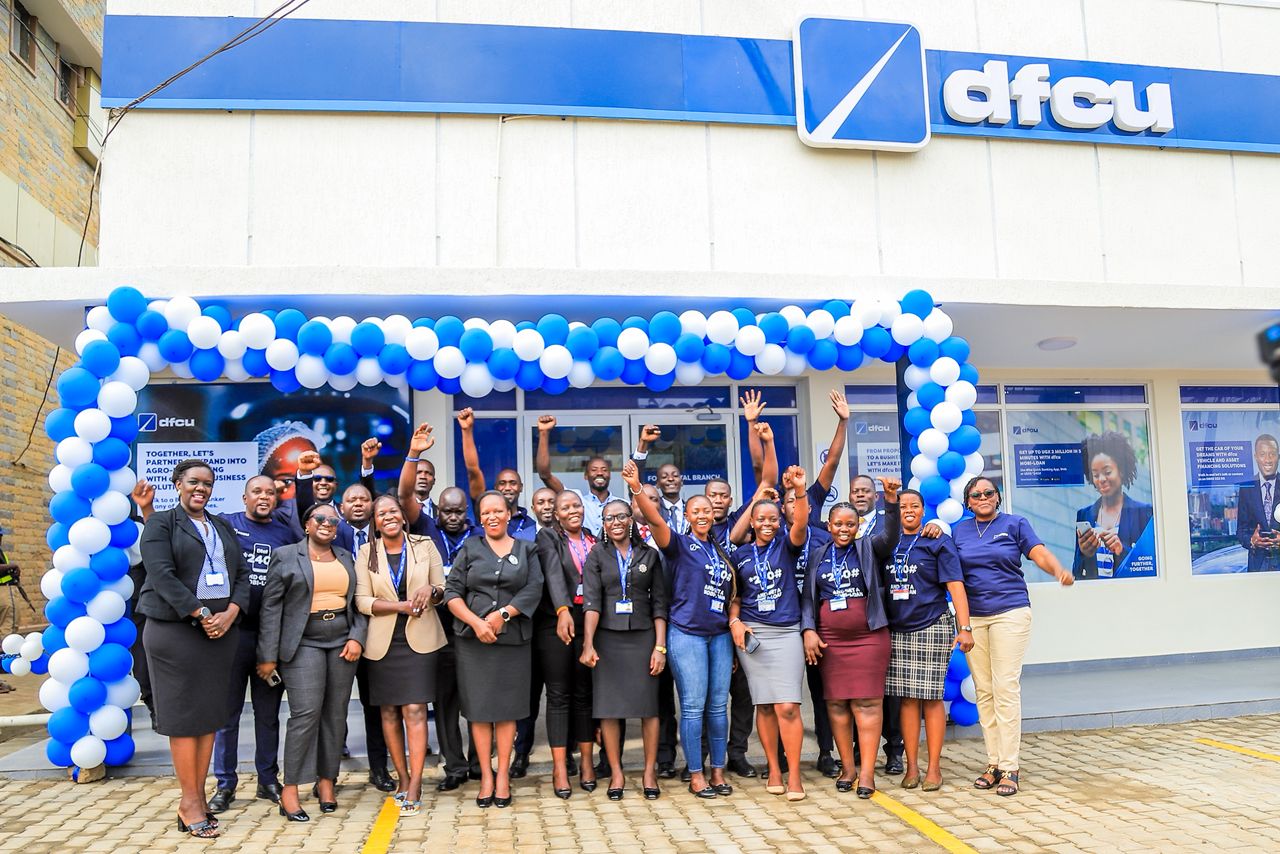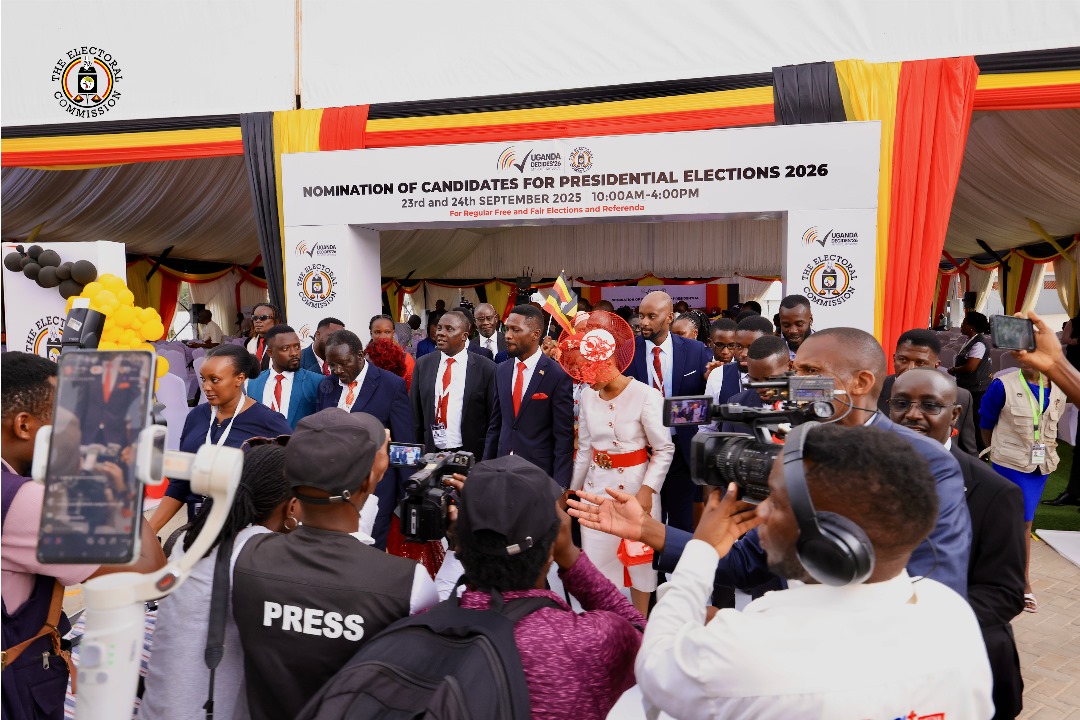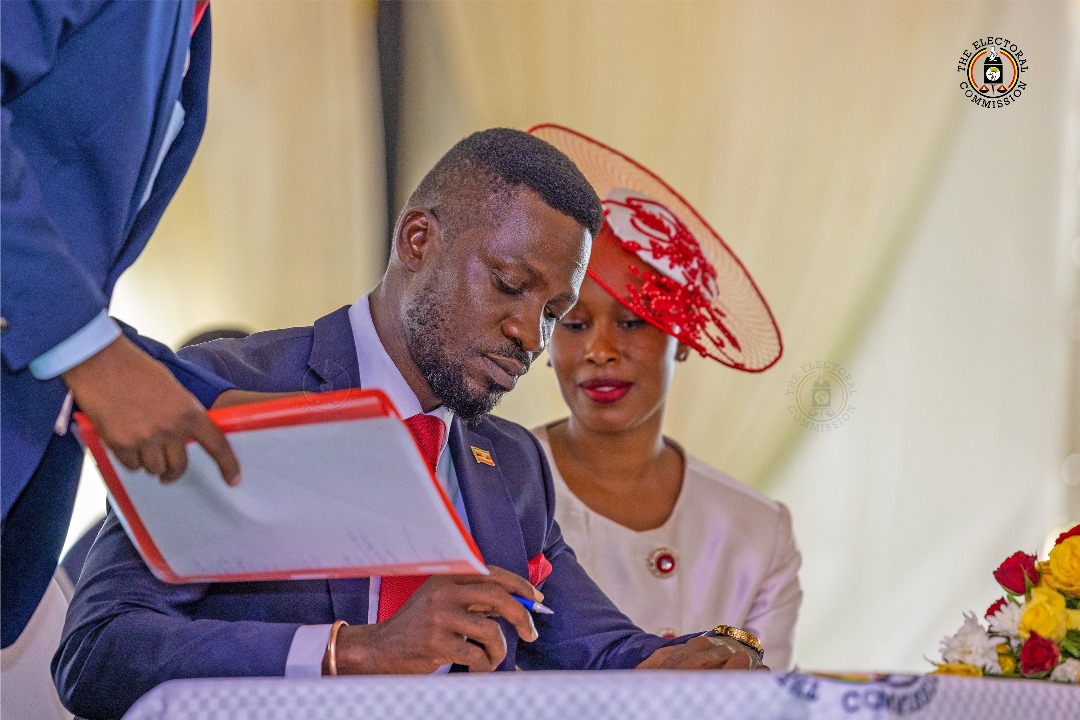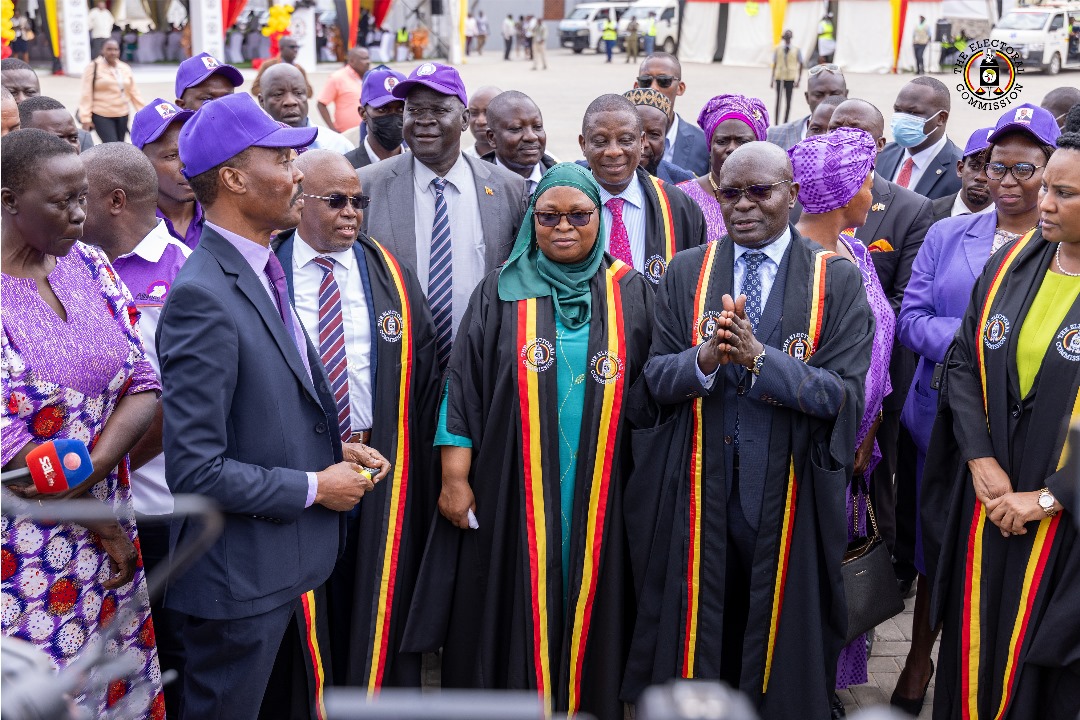Education and financial inclusion are the twin engines that drive inclusive growth – Ramathan Ggoobi
To promote financial inclusion and household wealth creation, Uganda is strategically employing "wealth funds." Ggoobi elaborated on the nationwide Parish Development Model (PDM), designed to provide grants to households excluded from traditional banking services.
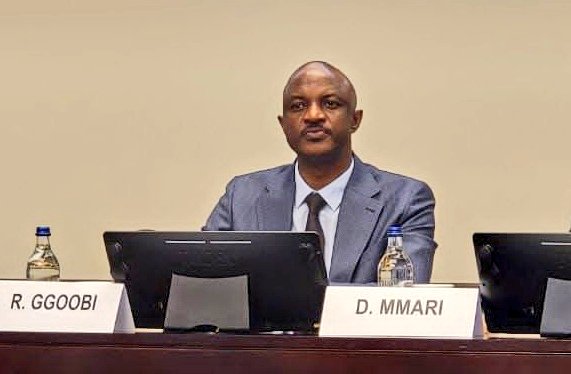
Addressing a high-level dialogue in Geneva yesterday, Ministry of Finance, Planning and Economic Development’s Permanent Secretary and Secretary to the Treasury (PSST) Ramathan Ggoobi asserted that effective measures to combat poverty and inequality hinge on two crucial judgments: a moral recognition of their unfairness and a sociological conviction that social change can remedy this injustice.
Ggoobi delivered his remarks at a dialogue on Inequality, Poverty, and Trade in Africa and Least Developed Countries (LDCs), co-organised by UNCTAD and the Geneva Office of the Friedrich-Ebert-Stiftung (FES).
The objective of the gathering was to discuss challenges faced by African countries and LDCs in reducing poverty and inequality, identify policy options, and share experiences in fostering inclusive development.
The PSST highlighted Uganda’s decades-long commitment to tackling these issues, pointing to the foundational Poverty Eradication Action Plan (PEAP). Launched with the aim of reducing absolute poverty, PEAP implemented interventions such as free universal education and healthcare, and the emancipation of women and persons with disabilities.
“The PEAP and subsequently national development plans (NDPs) starting in 2010, led to a remarkable reduction in poverty levels from 56.4% in 1992 to now 16.1% – surpassing the 2024 national target of 18.5%,” Ggoobi announced, underscoring Uganda’s significant progress.
He revealed the “secret” behind this success: “Uganda, starting in early 1990s, recognised that there are two reliable opportunity equalisers in life: education and financial inclusion.” Ggoobi noted that, like many African nations, Uganda faces the challenge and opportunity of a young and rapidly growing population.
To promote financial inclusion and household wealth creation, Uganda is strategically employing “wealth funds.” Ggoobi elaborated on the nationwide Parish Development Model (PDM), designed to provide grants to households excluded from traditional banking services.
“As at 15th September 2025, a total of 3.2 million households had received a grant of USD 300 each to invest in a small agribusiness enterprise,” he stated. This initiative is the latest in a series of programs that have contributed to a significant reduction in the proportion of households in the subsistence economy, from 68% in the 1990s to the current 33%.
Ggoobi further detailed the government’s comprehensive approach to facilitating inclusive growth through various programmes, including the Youth Livelihood Programme (YLP), Uganda Women Empowerment Programme (UWEP), Special Assistance Grant for Empowerment (SAGE), Special Enterprise Grant for Older Persons (SEGOP), National Special Grant for Persons with Disability (NSGPWDs), and the Presidential Initiative on Wealth and Job Creation (EMYOOGA).
The dialogue saw the participation of government officials, delegates from permanent missions in Geneva, representatives of international organizations, and development experts, all keen to learn from shared experiences and forge pathways towards more equitable and prosperous societies.



